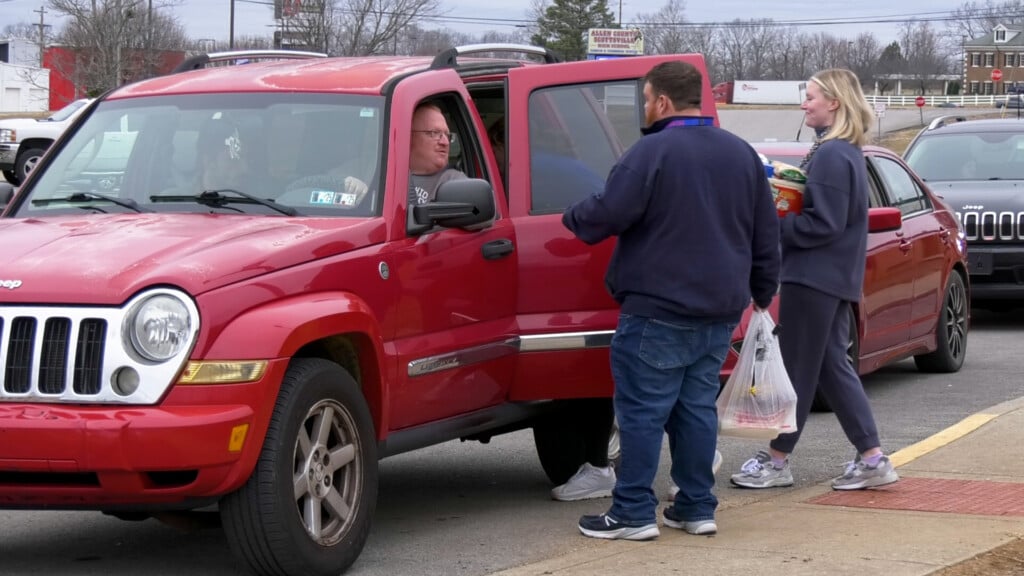Sheriff’s office addresses growing demand for emergency mental detention transports
BOWLING GREEN, Ky.- Warren County’s new sheriff is improving the way his office handles the transportation of mental health patients.
It’s his fourth month in office, and Sheriff Brett Hightower is looking to address the growing need for emergency mental detention transports.
Deputies are randomly selected to transport people in a mental health crisis to the designated crisis unit at LifeSkills, sometimes twice a day. It’s a process that can be grueling for both the person in detention, and the deputy who may not be properly trained for the task.
“Looking at the need for additional training, and to make sure we have the best custody control for these people who are in need of assistance for their mental health conditions, we wanted to streamline it, professionalize it,” Hightower said.
Hightower saw a need to improve the process. So, he partnered with the city and LifeSkills to come up with a more structured way of doing things.
“So, you’ve got a deputy who’s working, and we might already be short, and then they’re required to go down to LifeSkills and drive to Western State and back. That is a three-hour round trip. So, they’re off the street not being able to serve Warren County,” he said.
The sheriff’s office will hire three part-time EMD transporters who will go through Crisis Intervention Team training.
“Even for yourself if you’re waiting in an emergency room, or you’re waiting anywhere, the more that you’re waiting the more that you get agitated. So, if you take that to someone who also is going through a mental health crisis, they’re feeling anxious or depressed or suicidal,” said Colleen Marshall, vice president of LifeSkills.
Marshall said the plan is a step in the right direction for vulnerable members of the community.
“What was being done before is deputized people were basically tagged to say you can do this. We wouldn’t say that there were issues, we would say that what he’s trying to do is standardize and bring up the level of quality of the transportation,” Marshall said.
The city is contributing $15,000, and Lifeskills will give $110,000 annual to help pay salaries and expenses of the transporters.




